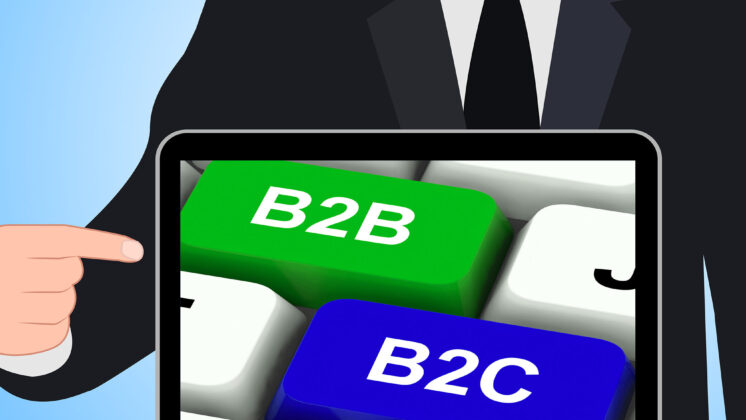Facebook, Amazon, Red Bull, Google, Cookpad, Nike, GLOBIS…all great examples of successful platform strategy. But how does it work, and how can it be leveraged to gain competitive advantages? I recently had the opportunity to meet Mr. Sakamoto Kozo from Richmedia Ltd. and discuss how his company is building Asia’s number 1 internet services company.
Traditionally, internet service providers focus on serving the needs of companies engaged in business-to-consumer (B2C) activities. However, with increased market competition, profit margins are dwindling. Companies are either shutting down or diversifying into other products and services.
Richmedia is taking another approach, revitalizing the traditional business model by utilizing platform strategy. Here’s how they’re doing it:
Step 1. Build a primary customer group by focusing on companies engaged in business-to-business (B2B) activities, which offer higher profit margins.
Step 2. Leverage that primary customer group to build a secondary customer group of B2C companies that wish to engage the B2B base.

This model has the following characteristics:
a. Mutual network effect
As the B2B customer group grows, the B2C customer group will grow accordingly, thus helping to build a rich database of information that can be analyzed to benefit both customer groups.
b. External network effect
As the customer groups grow, the attractiveness of the company’s platform increases, which serves to attract more customers to the platform.
c. Retention effect
As customers experience the satisfaction and convenience of the platform, they will “stick” to the platform, thus increasing customer retention rate.
With a successful platform strategy, a company will be able to hedge its operating risks, create a shared knowledge base among both groups, and develop its employees through all the opportunities that come with such varied customers.
The success of this platform strategy can be seen in the successful launch of the Kawaii Beauty Japan Facebook page, which attempts to leverage a B2B group of Japanese cosmetics companies to establish B2C clients in the Indonesian market. Within 1.5 months of operation, the page managed to gather 300,000 unique Facebook fans who provide an attractive platform to channel Japanese cosmetics into the lucrative Indonesian consumer market.
Despite the simplicity of the platform strategy, successful implementation is highly dependent on the leadership capabilities of the company. Mr. Sakamoto Kozo is a visionary leader who believes in building dreams and passion in employees to enrich the world and their customers. He has even created a corporate philosophy and the “Richmedia Way” in an attempt to build a conducive environment for entrepreneurs.



